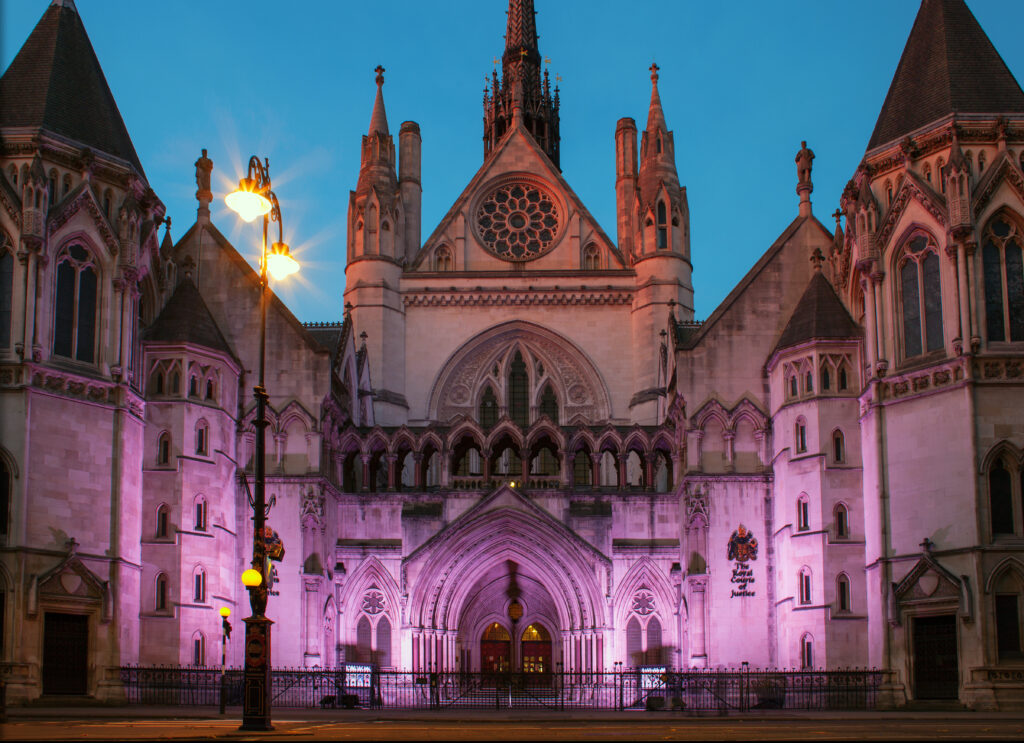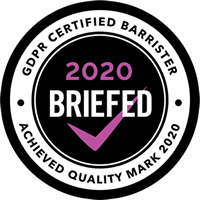
BTI V SEQUANA: COURT OF APPEAL DECISION
6th March 2019
On 6 February 2019 the Court of Appeal handed down judgment on several appeals from decisions of Rose J [2016] EWHC 1686 (Ch) and [2017] EWHC 211 (Ch). Those appeals, [2019] EWCA Civ 112, covered only two of the claims before Rose J: a claim by BAT (as a creditor of the company) against Sequana under section 423 Insolvency Act 1986, and the company’s claim (brought by BTI as assignee) for breach of fiduciary duty and in constructive trust against Sequana and the former directors of the company. In 2008 – 9 Sequana was the sole shareholder of the company when it paid two very large dividends to Sequana in order to wipe out the debt of €585 million owed by Sequana to the company, in the face of a potentially enormous but unquantified contingent indemnity liability owed by the company in respect of the clean-up costs of rivers in the US under US environmental legislation.
Rose J had upheld BAT’s claim under section 423 but dismissed BTI’s claim for breach of fiduciary duty. The Court of Appeal dismissed the appeals against both orders.
In relation to the section 423 claim, the Court of Appeal held that a dividend can amount to a transaction at an undervalue within the meaning of section 423(1) Insolvency Act 1986.
In relation to the breach of fiduciary duty claim, the Court of Appeal made a very important ruling of general application to all companies in financial difficulty.
Directors have a duty to consider creditors’ interests, which arises in equity and is preserved under section 172(3) Companies Act 2006. The primary duty of directors under section 172(1), to promote the success of the company for the benefit of shareholders generally, applies subject to that duty to consider creditors’ interests. The appeal raised the question of the circumstances in which that duty to consider creditors’ interest is engaged.
In a wide-ranging judgment, David Richards LJ considered a large number of first instance decisions, obiter dicta of appellate courts and Commonwealth decisions, as well as practical and policy issues. He recognised that the issue has “very significant practical consequences for the conduct of business” and that the determination of the issue involved “a difficult amalgam of principle, policy, precedent and pragmatism“, giving rise to “difficult policy issues“.
His conclusion was that the duty to consider creditors’ interests is engaged “when the directors know or should know that the company is or is likely to become insolvent“, likely in this context meaning “probable, not some lower test such as that adopted by Hoffmann J in construing the statutory test for the making of an administration order: see Re Harris Simons Construction Limited [1989] 1 WLR 368.”
Andrew Thompson QC and Ben Griffiths represented BAT and BTI.



